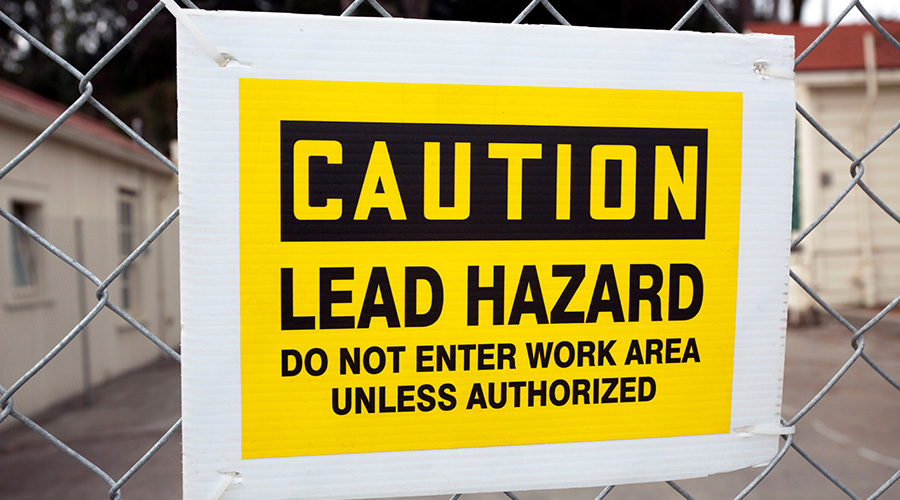Walter Reed: What’s Different this Time?
 Sometimes, deferred maintenance is just deferred maintenance. Generally, though, it’s the manifestation of a much larger issue.
Sometimes, deferred maintenance is just deferred maintenance. Generally, though, it’s the manifestation of a much larger issue.
Such is the case at Walter Reed Army Medical Center. The organization has been under intense scrutiny since last month, when The Washington Post reported on the conditions of Building 18, a 54-room facility that houses about 80 outpatients recovering from wounds suffered in combat in Afghanistan and Iraq. The series of articles describe the organization’s broader troubles in addressing the outpatient needs of wounded soldiers and their families.
Here’s how one article described the building’s condition:
“Behind the door of Army Spec. Jeremy Duncan’s room, part of the wall is torn and hangs in the air, weighted down with black mold. When the wounded combat engineer stands in the shower and looks up, he can see the bathtub on the floor above through a rotted hole. ... Signs of neglect are everywhere: mouse droppings, belly-up cockroaches, stained carpets, cheap mattresses.”
The articles generated outrage from Congress, acknowledgements by military officials that their organization had neglected the facilities, and swift action to begin repair work on the building.
In the case of Walter Reed, the larger issue I mentioned earlier is familiar to maintenance and engineering managers — organizational indifference to the needs of maintenance departments trying to efficiently and effectively carry out their activities. And by indifference, I mean adequate funding.
Deferred maintenance of institutional and commercial buildings obviously is not new. Many of the nation’s public schools have struggled for decades under the weight of deferred maintenance and problems it creates for learning environments. Studies have put the cumulative size of the backlog in the hundreds of billions of dollars.
So far, the issue of deferred maintenance has failed to hold the public’s attention. But maybe this time, things will be different.
The Walter Reed case is the highest-profile case to date of deferred maintenance problems, and it has aroused the strong emotions at very high levels, due largely to the ongoing combat in Iraq and Afghanistan and the publicity over how the government is treating soldiers wounded in that combat.
Beyond that, officials in this case are using language you don’t often hear in such cases. Two military officials made statements that many in maintenance would love to hear from their own organization’s top management.
The first official told the Post, “In the warrior ethos, the last line says you should never leave a fallen comrade, and from that facility point of view, we didn’t live up to it.”
The second official was even more direct: “We own that building, and we’re going to take charge.”
Related Topics:








 Sometimes, deferred maintenance is just deferred maintenance. Generally, though, it’s the manifestation of a much larger issue.
Sometimes, deferred maintenance is just deferred maintenance. Generally, though, it’s the manifestation of a much larger issue.


